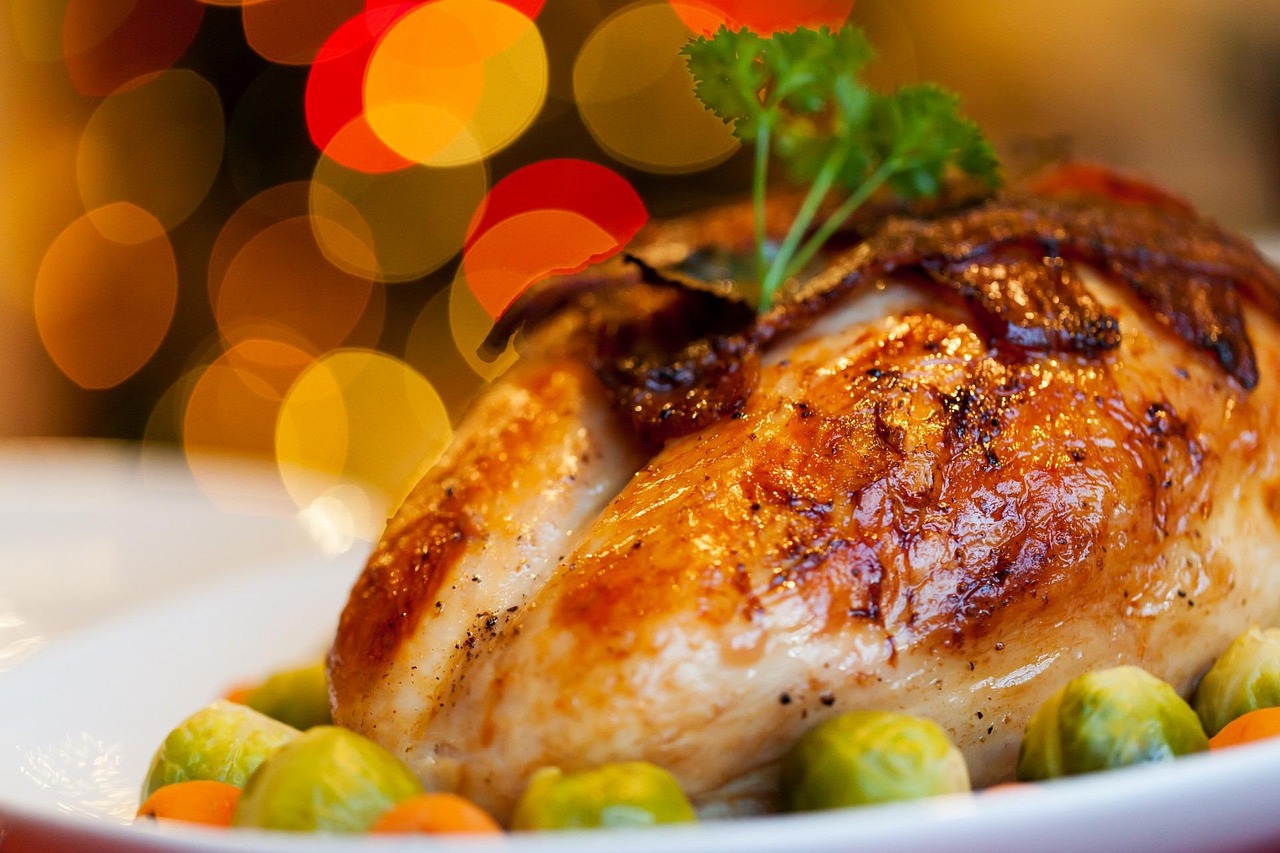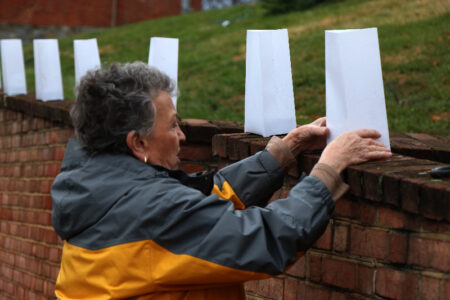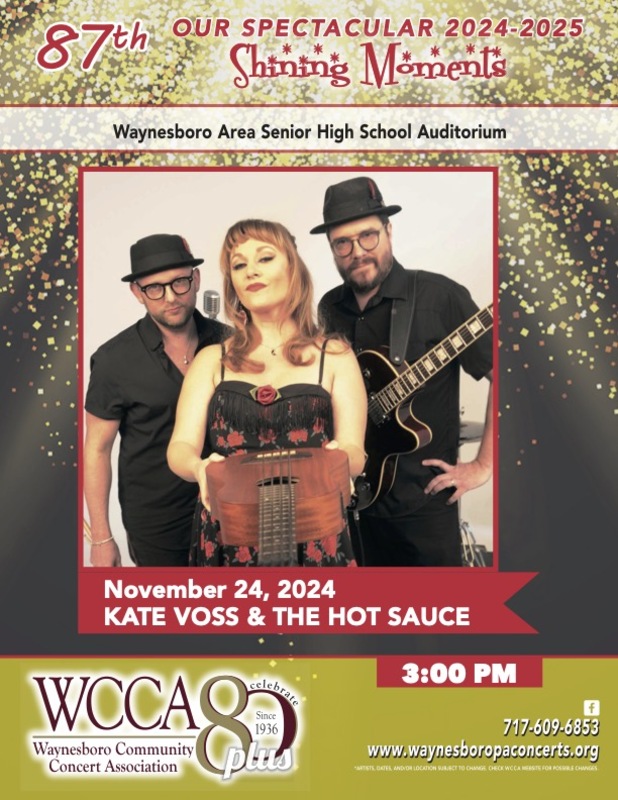HARRISBURG – Pennsylvania Insurance Commissioner Michael Humphreys, Department of Health Acting Secretary Dr. Debra L. Bogen, and State Fire Commissioner Thomas Cook urged Pennsylvanians to heed safety advice for the upcoming Thanksgiving holiday.
“This holiday, as we gather to celebrate with loved ones, safety for yourself, your family, and your home should be a top priority,” said Commissioner Humphreys. “In the event of an unfortunate accident, homeowners insurance and renters insurance will cover certain damages, but it is best to follow safety guidelines to ensure that the worst does not happen in the first place. We urge you this holiday to use caution when cooking to avoid potentially dangerous situations, prevent costly repairs, and have a happy and safe Thanksgiving.”
Every year, home chefs go into their kitchens on Thanksgiving to make a delicious meal with a turkey often the centerpiece of the holiday. However, this is not without risk, as the U.S. Fire Administration reports the average number of reported residential building fires on Thanksgiving Day is more than double (2.3 times more) the average number of fires in residential buildings on all other days. An average of 2,300 house fires occur nationwide on Thanksgiving, causing fatalities, injuries, and $26 million in property loss.
In case the worst does occur, standard homeowners insurance policies will cover items such as the structure of a home, personal belongings, and liability protection for injury to guests. However, filing a property damage claim may raise the homeowner’s insurance premium, and the homeowner will be responsible for paying any deductible on the policy out-of-pocket.
It is also important to note that if someone rents, belongings will not be covered unless there is a renters insurance policy. Landlord’s insurance will likely cover the building, but not any personal contents.
Many Thanksgiving home fires are due to deep-frying accidents. For some, deep frying a turkey can be a tasty alternative to the traditional oven-roasted method, but fryers pose significant risks to personal safety and property without the proper safety measures in place.
“Every year, cooking fires remain a persistent cause of home fires, peaking in their effect around the Thanksgiving holiday,” said Commissioner Cook. “Turkey fryers and inattentive cooking are consistently listed as the leading causes of these fires, and the life changing result of a home fire is all the more tragic knowing that they are entirely avoidable. Taking the appropriate safety precautions can and will protect the lives and property of you and your loved ones.”
Here are some tips to keep families, guests and property safe:
- Read the turkey fryer owner’s manual thoroughly for proper set up and safety tips
- Make sure the turkey is completely thawed before frying (hot oil and ice/water do not mix)
- Use the correct amount of oil; overfilled fryers increase the likelihood of oil spilling out of the pot and hitting the burner causing flames to engulf the entire unit
- Never leave the fryer unattended; many fryers lack thermostats to prevent overheating
- Do not deep fry your turkey inside your garage, on your porch or deck, or inside your home
- Have an all-purpose fire extinguisher nearby; never use water to extinguish an oil fire
- Keep children and pets away from all cooking surfaces
- Use proper hand protection; lids and handles of the cooking pot get dangerously hot, posing severe burn hazards
- Ensure full attention is dedicated to cooking; do not consume alcohol while cooking
“It is important to use proper food safety practices as people prepare their holiday meals. Unfortunately, foodborne illnesses are common around the holidays, but they are preventable,” said Dr. Bogen. “I encourage residents to clean, separate, cook, and chill their food properly to prevent themselves and others from getting sick.”
The Centers for Disease Control and Prevention (CDC) recommends the following tips to help prevent food poisoning or foodborne illness, during the holidays:
- Keep meat, poultry, seafood, and eggs separate from all other foods at the grocery store and in the refrigerator. Prevent juices from meat, chicken, turkey, and seafood from dripping or leaking onto other foods by keeping them in containers or sealed plastic bags. Store eggs in their original carton in the main compartment of the refrigerator.
- Cook foods thoroughly and use a food thermometer to ensure foods have been cooked to a safe internal temperature to kill germs.
- Keep food out of the danger zone which is between 40°F and 140°F because bacteria can grow rapidly between these temperatures.
- Use pasteurized eggs for dishes containing raw eggs.
- Do not eat raw dough or batter, because they can contain harmful germs such as E. coli and Salmonella.
- Thaw your turkey safely in a sink of cold water or in the microwave. Avoid thawing foods on the counter.
- Wash your hands with soap and water:
- Before, during, and after preparing food
- Before eating food
- After handling pet food or pet trays or touching pets
- After using the toilet
- After changing diapers or cleaning up a child who had used the toilet
- After touching garbage
- Before and after caring for someone who is sick
- Before and after treating a cut or wound, and
- After blowing your nose, coughing or sneezing
Additional information on foodborne diseases can be found on the Department of Health’s website at www.health.pa.gov/foodborne-illness, or follow us on Facebook and X.
For additional information on fire safety, including seasonal fire safety tips, visit www.osfc.pa.gov.






















